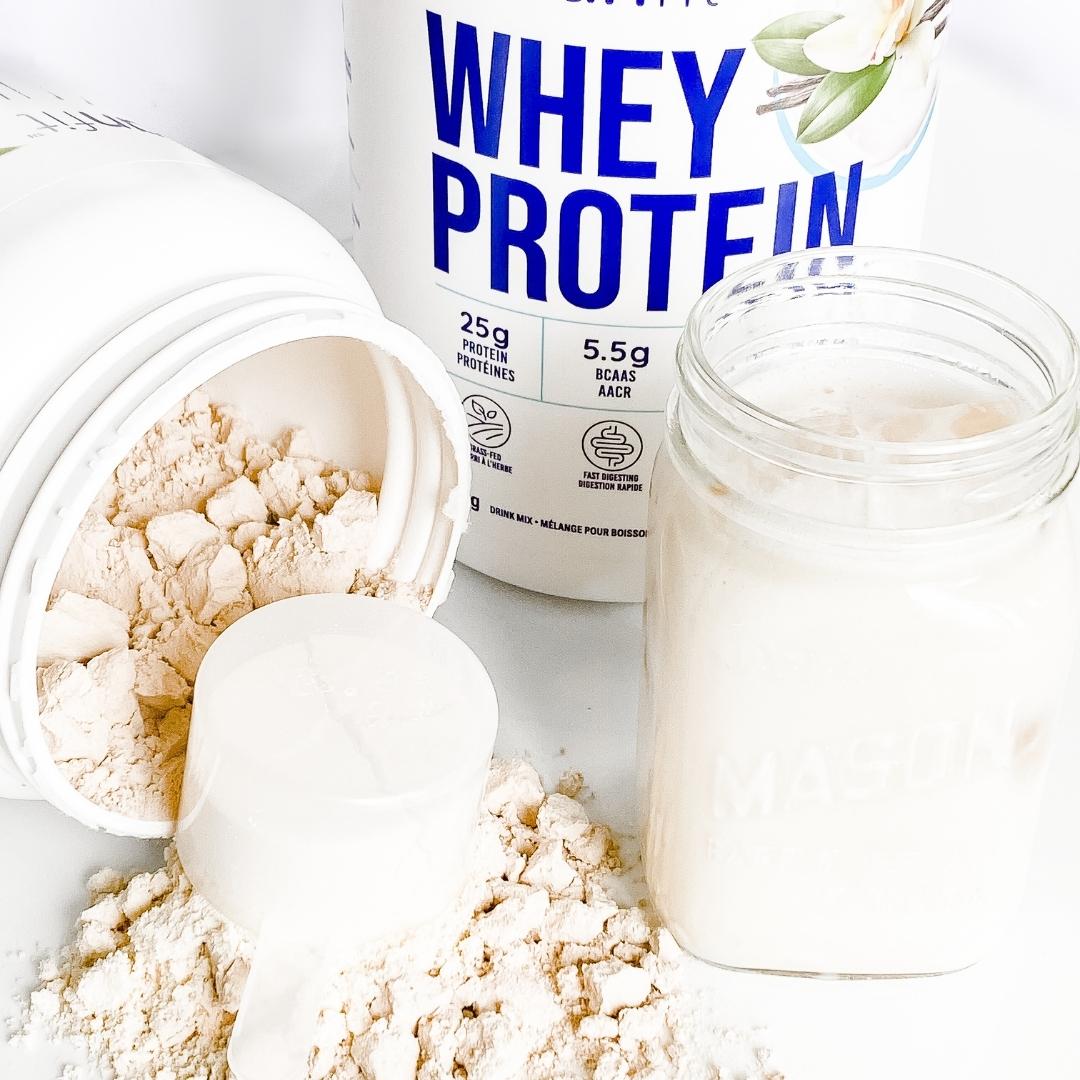Navigating the Timing and Dosage of Protein Intake for Optimal Health and Fitness

Protein, often hailed as the building block of life, plays a crucial role in various physiological processes, including muscle repair, hormone production, and immune function. As such, understanding the timing and dosage of protein intake is essential for maximizing its benefits in supporting overall health and fitness goals.
Timing is key when it comes to protein consumption, particularly for those engaged in physical activity or seeking to enhance muscle growth and recovery. The concept of the "anabolic window" posits that consuming protein within a specific timeframe post-exercise can maximize muscle protein synthesis and facilitate muscle repair and growth. While early research suggested a narrow window of opportunity within 30 minutes to an hour post-exercise, more recent evidence suggests that the anabolic window may extend up to several hours following a workout according to the National Library of Medicine.
Therefore, individuals engaged in resistance training or endurance exercise can benefit from consuming protein-rich foods or supplements within a reasonable timeframe post-workout, typically within 2-3 hours, to capitalize on this period of heightened muscle protein synthesis. A combination of fast-digesting protein sources such as whey protein and slower-digesting proteins like plant-based can provide a sustained release of amino acids to support muscle recovery and growth over an extended period.
In addition to post-workout consumption, distributing protein intake evenly throughout the day can help optimize muscle protein synthesis and promote satiety. Studies suggest that spreading protein intake across multiple meals, with each meal containing a sufficient amount of protein (approximately 20-30 grams), can maximize the body's ability to utilize dietary protein for muscle repair and maintenance (National Library of Medicine).
When determining how much protein to take, several factors come into play, including individual goals, body composition, activity level, and overall dietary intake. The Recommended Dietary Allowance (RDA) for protein is 0.8 grams per kilogram of body weight per day for sedentary adults, but those engaged in regular exercise or strength training may require higher protein intakes to support muscle repair and growth.
Ultimately, determining the ideal protein intake requires a personalized approach, taking into account individual factors such as age, gender, body composition, and metabolic rate. Consulting with a registered dietitian or nutrition professional can provide tailored guidance based on specific goals and dietary preferences.
The timing and dosage of protein intake play a pivotal role in supporting overall health and fitness objectives. By strategically incorporating protein-rich foods or supplements into meals and snacks throughout the day, individuals can optimize muscle protein synthesis, promote recovery, and maintain lean body mass.
LEANFIT® FOR EVERY JOURNEY.
References:
National Library of Medicine. National Center for Biotechnology Information.
Retrieved July 17, 2024, from https://www.ncbi.nlm.nih.gov/pmc/articles/PMC5596471/




Leave a comment